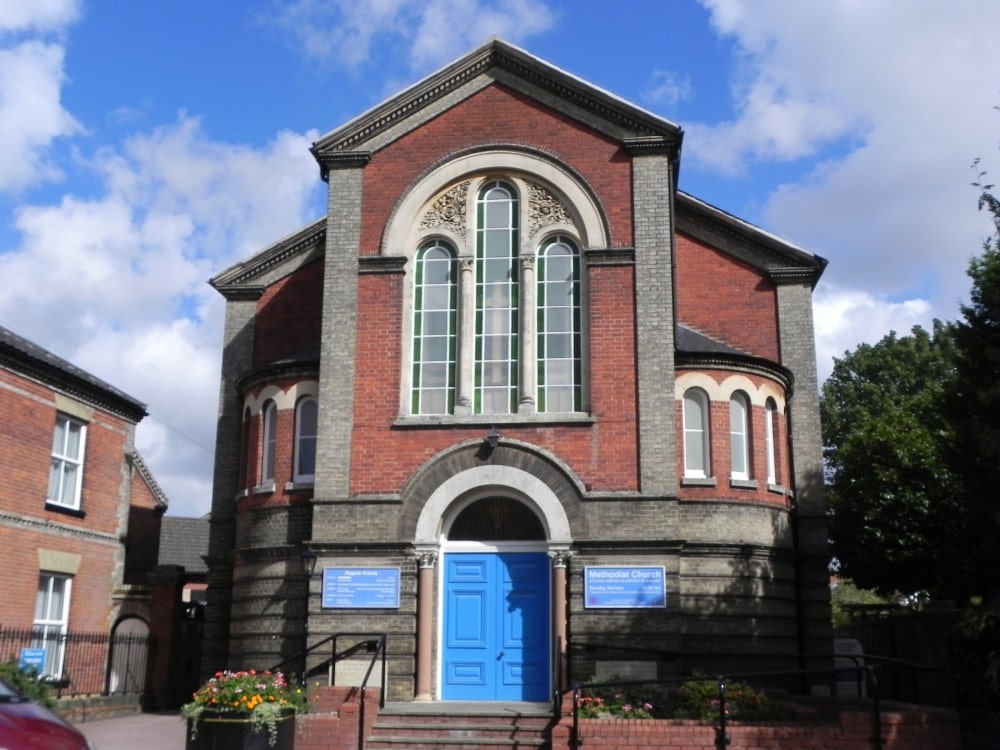How can mediation help me?
Mediation takes place when the parties are attempting to resolve a dispute but require assistance from a third party. By involving a neutral third party, there is a new way to communicate, allowing for new ideas and solutions to develop. In this article we look at what mediation is, and how it can help you.
What is mediation?
Mediation is when a neutral third party works with those involved in a dispute to help facilitate discussions and work to find a solution that is agreed to by everyone. It is an aid to negotiation and can result in a settlement reached without the need for costly and lengthy litigation through the Courts.
A mediator does not make a ruling, but if the parties can come to an agreement, this can be recorded in a document and the parties can then enforce the terms of the settlement at a later date if needed.
When can mediation be used?
Mediation can be used for various disputes, including those where litigation is not possible, or lawyers are not involved. There is unlikely to be an area of law where meditation cannot be of use, but the most common areas it is used in are:
-
Contract disputes, from landlords and tenants to construction or employment contract disputes.
-
Insolvency and finance, including debt recovery.
-
Family disputes, such as issues in a divorce.
-
Government and Local authorities, this can include health service or education complaints, issues with housing or any other local authority dispute.
-
Employment, a common area where mediation is used, often between an employer and employee, or a union and management.
Overall, any disputes between parties that have come to a deadlock in negotiations can be considered for mediation.
Benefits of mediation
Having an impartial and confidential third party explore the options with the parties and seek a common ground can help disputes be solved and avoids costly litigation, if that is where the case is headed next. Below the most common benefits of mediation are detailed.
Communication
Mediation can help you advocate for yourself. By adding a third party into the negotiations, there is a new route of communication and it becomes easier for you to speak up for what you need or believe should happen. The conversations are confidential meaning parties feel more comfortable to have a more detailed and open discussion.
Mediation can also help prevent relationships breaking down, as it is not based on a winner takes all system but on finding an agreeable resolution for all those involved.
Cost saving
If the alternatives to mediation are litigation or a constant delay on progress, then having the issue come to a close will save all parties time and money. Having an agreed period of time set away for the parties to address matters focuses interests and can avoid distractions from e.g. other work or issues ongoing, meaning a resolution can be facilitated. Mediation is often more cost effective than both tribunals and litigation and can be scheduled very quickly.
Different solutions
As the scope of mediation is so broad, the decisions reached can vary from case to case. The best solution is not always a financial remedy but for there to be a recognition of wrongdoing and steps taken for it to be prevented from happening again, or even for the completion of work to be carried out. The parties engaging in this process can explore novel and flexible resolutions that suit their needs better than a determination by a judge would.
If you would like to discuss any points in this article further, please contact Spire Solicitors Dispute Resolution Team on 01953 606351.















